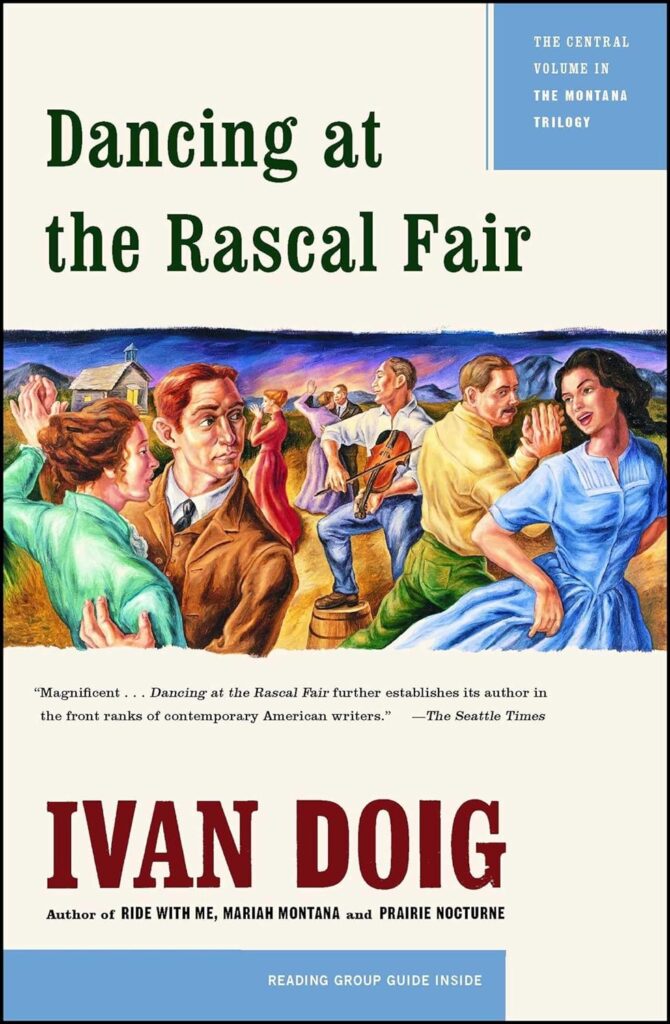I enjoyed and highly recommend James by Percival Everett. Do yourself a favor and get the Audible version, which Dominic Hoffman narrates. James is the Adventures of Huckleberry Finn through the eyes of Jim, the slave who accompanied Huck on his Mississippi River adventure. Audible says: “Brimming with the electrifying humor and lacerating observations that have made Everett a “literary icon” (Oprah Daily), and one of the most decorated writers of our lifetime, James is destined to be a major publishing event and a cornerstone of twenty-first century American literature.” The review is a little over-the-top, but not by much.
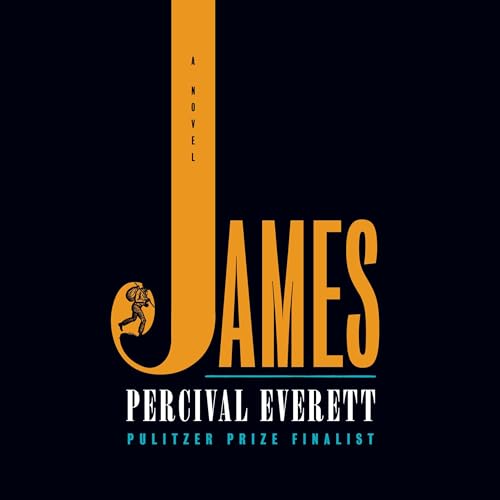
I greatly enjoyed Bel Canto by Ann Patchett, an NYT best-selling book published in 2004. Again, I listened to the Audible version and was delighted with Anna Fields’s narration. I’m not an opera fan, but this book moved me closer to appreciation. Bel Canto means beautiful singing, and you will find beautiful character development in this novel about a botched terrorist kidnapping in an unnamed South American country.
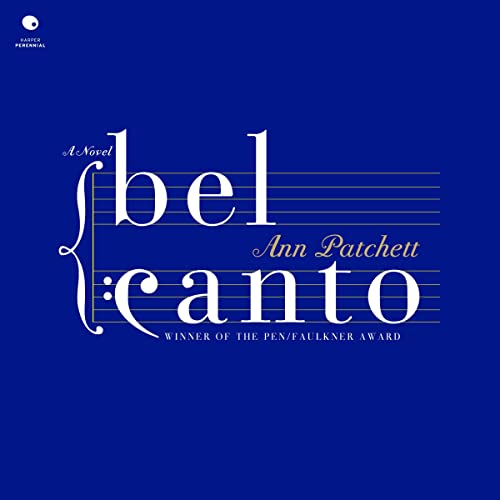
We are fans of John Grisham, and I have read almost everything he has published, including Camino Ghosts. You are in the hands of a master craftsman with this book, which is part of a series about a bookstore on fictional Camino Island. I have more to say about John Grisham’s books here.
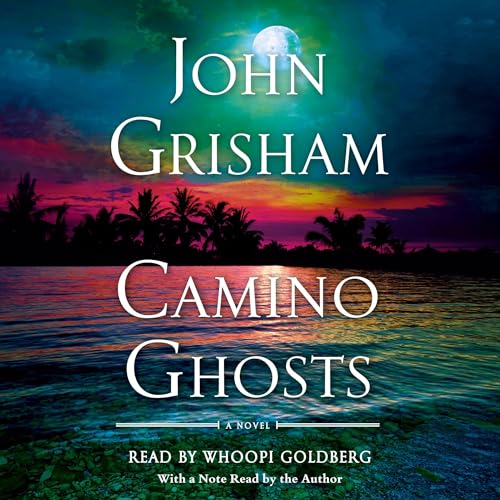
Our September Skagit Valley Book Club selection is Peace Like a River by Leif Enger, and it will be interesting to hear the comments from our Club members. This is a decidedly Christian-influenced novel about a midwestern family in the 1960s who experience miracles and heartbreak. The book follows an unpredictable plotline with characters who touch your soul. Our Book Club includes men of faith and men like I was before coming to a saving knowledge of Jesus. The discussion about Peace Like a River should be engaging.
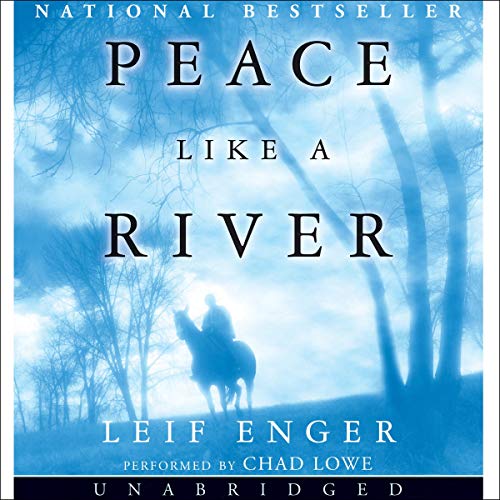
A friend recommended Demon Copperhead by Barbara Kingsolver and said it was over 500 pages (over 21 hours on Audible) and I advised that my book club tries to limit book selections to under 500 pages. Surly, he recognized my comment was more of an excuse than a reason not to read the book. Toward the last chapters, I did not want the book to end. This Pulitzer Prize winner is filled with humor, heartbreak, love and longing, addiction and recovery, structural poverty, and class struggle. There are many characters, and at times, it was hard to keep up, but they are well-rounded and engaging. The plot involves the opioid epidemic in 1990s Appalachia and the destruction that followed as lives were destroyed. It is much more than that and deserves the accolades the book has earned. I knew something about drug addiction from my years as a prosecutor and criminal defense attorney, but the story of Demon Copperhead had much to teach me.
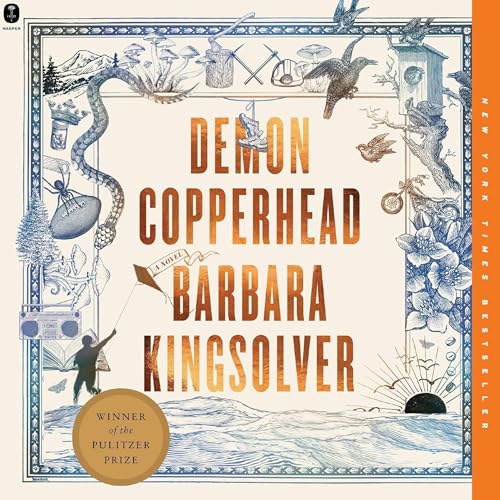
Dancing at the Rascal Fair is the second novel in Ivan Doig’s Montana Trilogy. The first was English Creek, which I read a few years ago and was assigned by my Book Club. The main character in both books is the Two Medicine country in Montana at the turn of the twentieth century, where homesteaders endured harsh conditions that Doig describes in brilliant detail. I was not expecting Dancing to be a romance novel, and I almost abandoned the book at the halfway point. I grew weary of the back-and-forth love life of Angus McCaskill, a young Scottish immigrant to Montana who is better at raising sheep than deciding between two women who come into his life. My persistence was rewarded as Doig painted a picture of struggle, love, family tragedy, and yearning amid the beauty of Big Sky Country in the final and exciting closing chapters. SPOILER ALERT: A boot caught in a stirrup brought an end to life and a new beginning for a long-neglected marriage.
